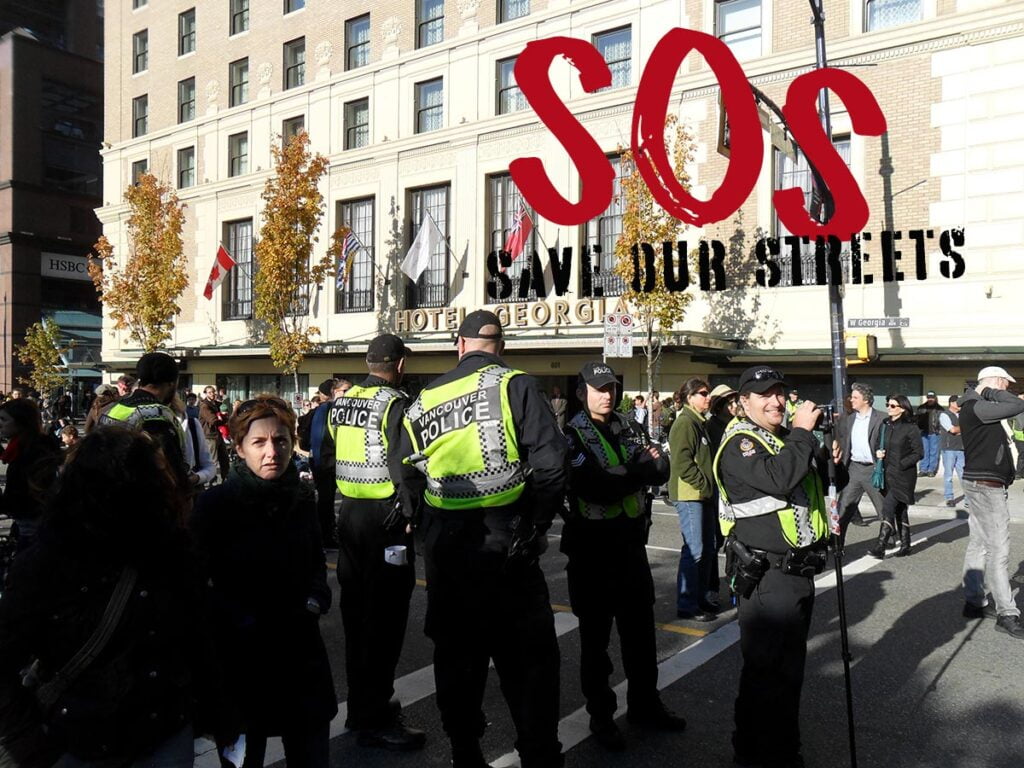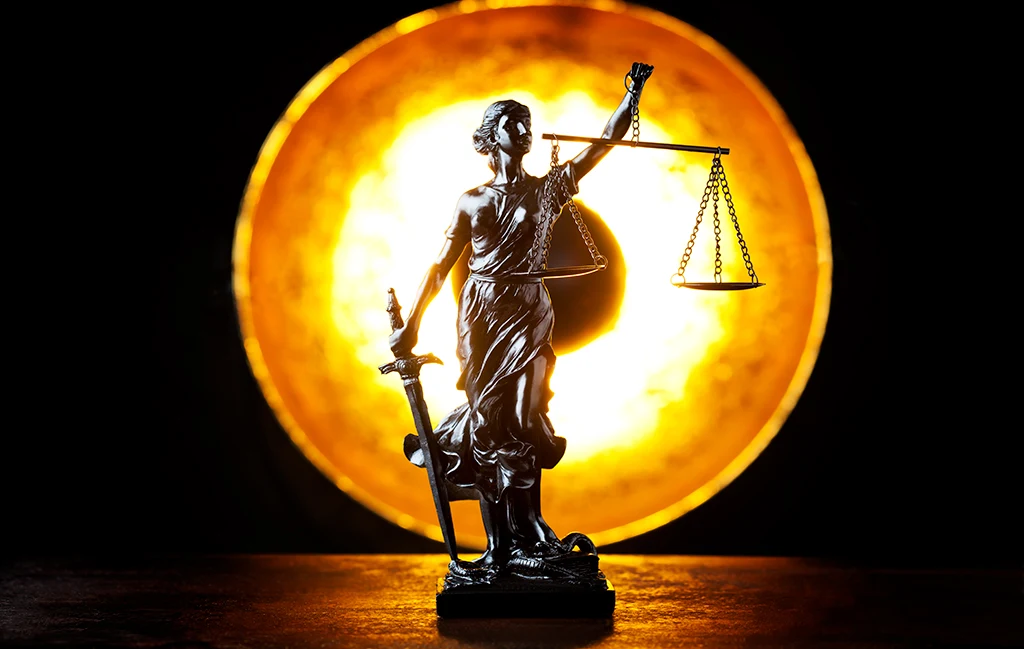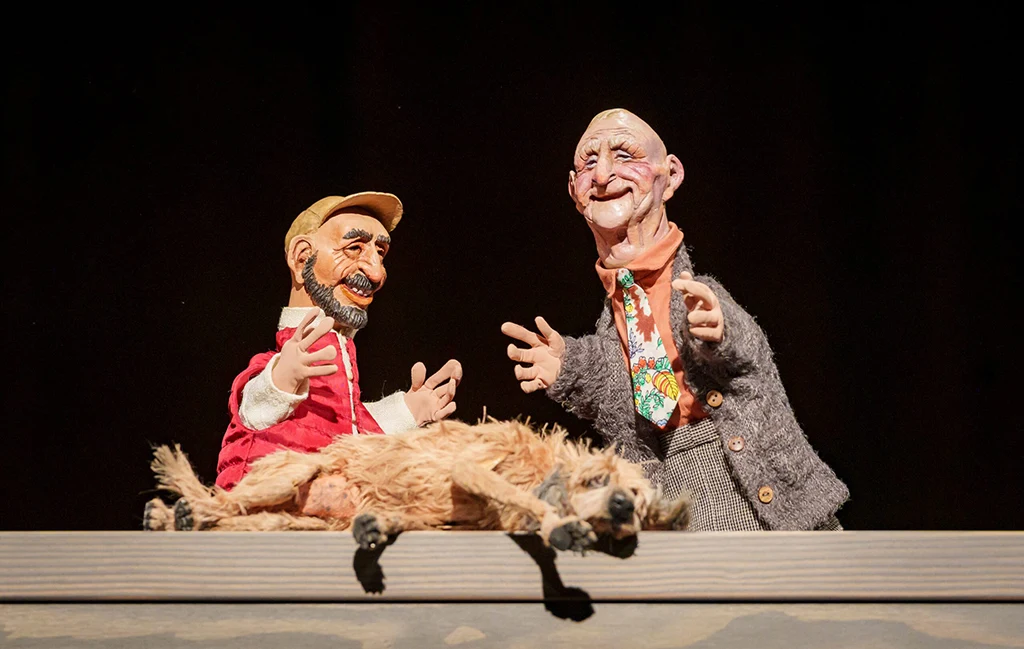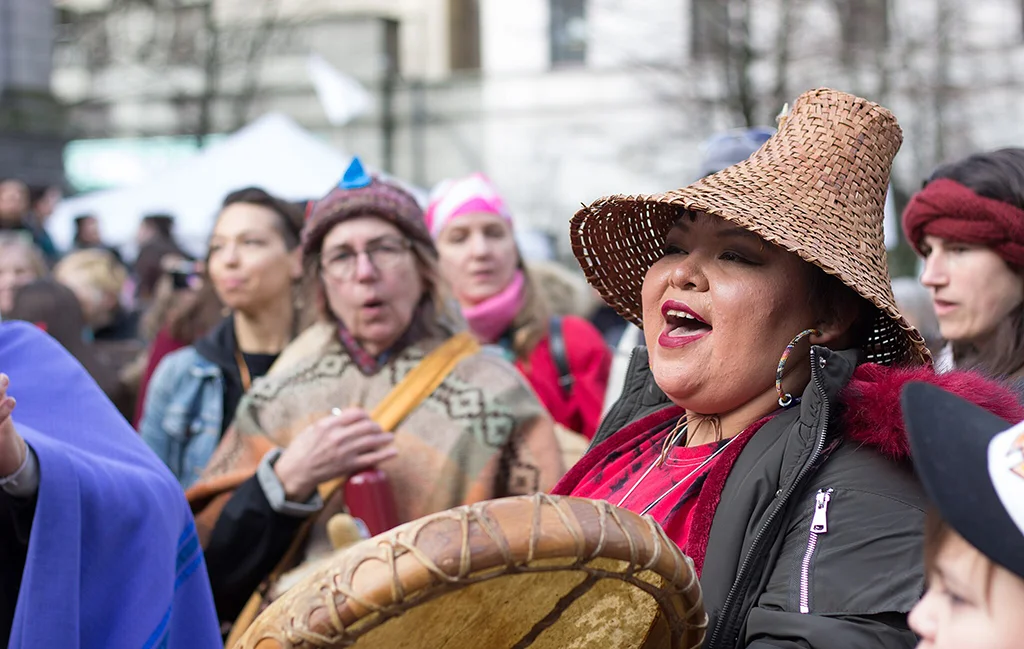In a country known for its diversity and progressive ideals, the label “settler” is stirring up a heated debate. A new poll reveals that most Canadians reject being identified as “settlers,” a term that some academics and policymakers increasingly use to frame the country’s colonial past. According to a survey conducted by Leger Marketing, 47% of Canadians disagree with being labeled “settlers,” with nearly a third of respondents unaware of the term’s implications altogether. The question is: what does this say about Canada’s evolving national identity?
The “Settler” Controversy – A Fractured Narrative
It’s no secret that Canada’s history is deeply intertwined with colonialism, but for many Canadians today, the idea of being labeled a “settler” feels more like a misfire than a reflection of their identity. This friction points to a widening gap between academic discourse and the everyday experiences of Canadians, creating an ideological chasm that risks undermining efforts toward reconciliation with Indigenous communities. The poll data shows that fewer than one in four Canadians embrace the term “settler,” even as it gains currency in academic circles.
Jack Jedwab, president and CEO of the Association of Canadian Studies, frames it bluntly: “Canadians don’t see themselves as colonists, which presumes they originated outside of Canada.” His analysis highlights a growing disconnect between those who shape the narrative of Canada’s history and the public that is expected to carry it forward. This discord is more than just academic—it has real implications for how Canadians perceive their role in ongoing reconciliation efforts.
A Generational Divide
Interestingly, age plays a significant role in how Canadians view the term “settler.” Among younger Canadians (ages 18-34), 41% disagree with the label, and 39% admit they don’t even know what it means. This suggests that the term, though increasingly prevalent, lacks resonance with the younger generation. Older Canadians, particularly those 55 and above, are even more likely to reject the label, with 53% of that age group refusing the term altogether.
This generational divide extends beyond mere semantics. Younger Canadians are also less likely to express pride in their national identity compared to their elders. While 92% of Canadians aged 65 and older are proud to be Canadian, only 58% of those aged 18-24 share that sentiment. This gap in national pride signals a deeper identity crisis—one that could be exacerbated by ongoing debates over how Canadians are labeled and categorized.
The Role of Politics and Ethnicity in the Debate
The poll results also reveal political and ethnic divides in the acceptance of the “settler” label. Unsurprisingly, those on the left side of the political spectrum are more likely to accept the label, with 47.2% of self-identified left-leaning Canadians agreeing with it, compared to just 17.1% of those on the right. This highlights how political ideologies shape individuals’ perceptions of historical narratives and their own place within them.
For French Canadians, the term “settler” is somewhat more accepted—48% of Quebecois respondents agreed with the label. This could stem from the fact that, in French, “colonizing” often connotes the idea of settling rather than oppressing. However, among ethnic minorities, a different picture emerges: 55% of respondents from these groups disagreed with being labeled “settlers,” with many seeing the label as a misrepresentation of their personal histories as victims of colonialism in their countries of origin. This underscores the complexity of Canadian identity, where even terms meant to encapsulate historical realities may fail to resonate with large portions of the population.
What Does This Mean for Reconciliation?
The refusal to identify as “settlers” may hinder the progress of reconciliation efforts between Indigenous and non-Indigenous Canadians. The notion of settler colonialism is central to understanding Canada’s historical and ongoing relationship with Indigenous peoples, and rejecting the label could signal a reluctance to fully engage with that reality. On the other hand, the public’s pushback against this label highlights a need for policymakers and academics to rethink how they frame these conversations.
Jedwab suggests that it might be time for the academy and policymakers to reflect on why this particular framing of Canadian identity isn’t resonating with the majority of Canadians. If reconciliation efforts are to succeed, they must be built on common ground that acknowledges both historical realities and the lived experiences of today’s Canadians. This includes recognizing the diversity within the non-Indigenous population, many of whom may not feel implicated by the term “settler.”
Downtown Eastside: A Case Study in Modern Colonialism?
One need look no further than Vancouver’s Downtown Eastside (DTES) to see the lingering effects of colonialism in modern Canada. This neighborhood, one of the country’s poorest, is home to a large Indigenous population, many of whom struggle with issues stemming from historical trauma, such as substance abuse, homelessness, and mental health challenges. For many, the systemic inequalities that persist in places like the DTES are the direct legacy of colonial policies.
Yet, the term “settler” feels distant to most of the people living in these conditions. The disconnect between academic labels and the lived realities of both Indigenous and non-Indigenous people in places like the DTES raises important questions about how we discuss colonialism in modern Canada. If we want to move forward as a nation, we need to ensure that the language we use to describe our past and present reflects the complexities of our society—without alienating the very people who are essential to that conversation.
Building a Unified Identity
As Canada continues to grapple with its colonial past and its future as a multicultural nation, the challenge will be to find a narrative that resonates with all Canadians. The rejection of the “settler” label is not just a linguistic dispute—it’s a reflection of deeper tensions within the country about how we view ourselves and our history. For reconciliation to be successful, these tensions must be addressed head-on.
Perhaps the way forward lies in embracing a more nuanced understanding of Canadian identity—one that acknowledges both the country’s colonial history and its diverse present. This means recognizing the unique experiences of Indigenous peoples while also respecting the complex identities of newcomers and long-time residents alike. Only then can we hope to build a national identity that is both inclusive and reflective of Canada’s rich and often difficult history.
As we continue to navigate these conversations, it’s clear that the narrative of Canada as a land of settlers is far from settled. The next chapter of this debate will likely shape the country’s identity for generations to come. And it’s one that every Canadian, regardless of where they fall on the political spectrum, should be paying attention to.
Lance has lived in the Downtown Eastside for years, staying closely connected to the neighbourhood and the people who call it home. He writes about the issues that matter—from housing and policy shifts to the everyday stories that shape the community—because DTES isn’t just where he lives, it’s a place he cares deeply about.






Leave a Comment